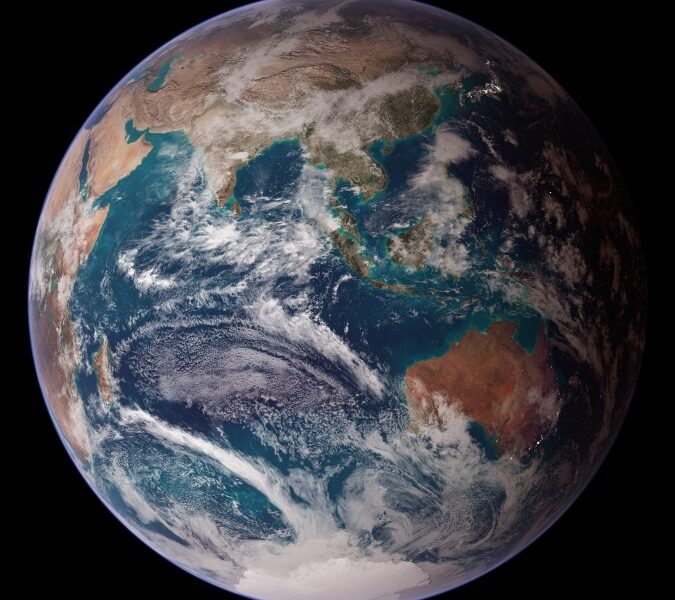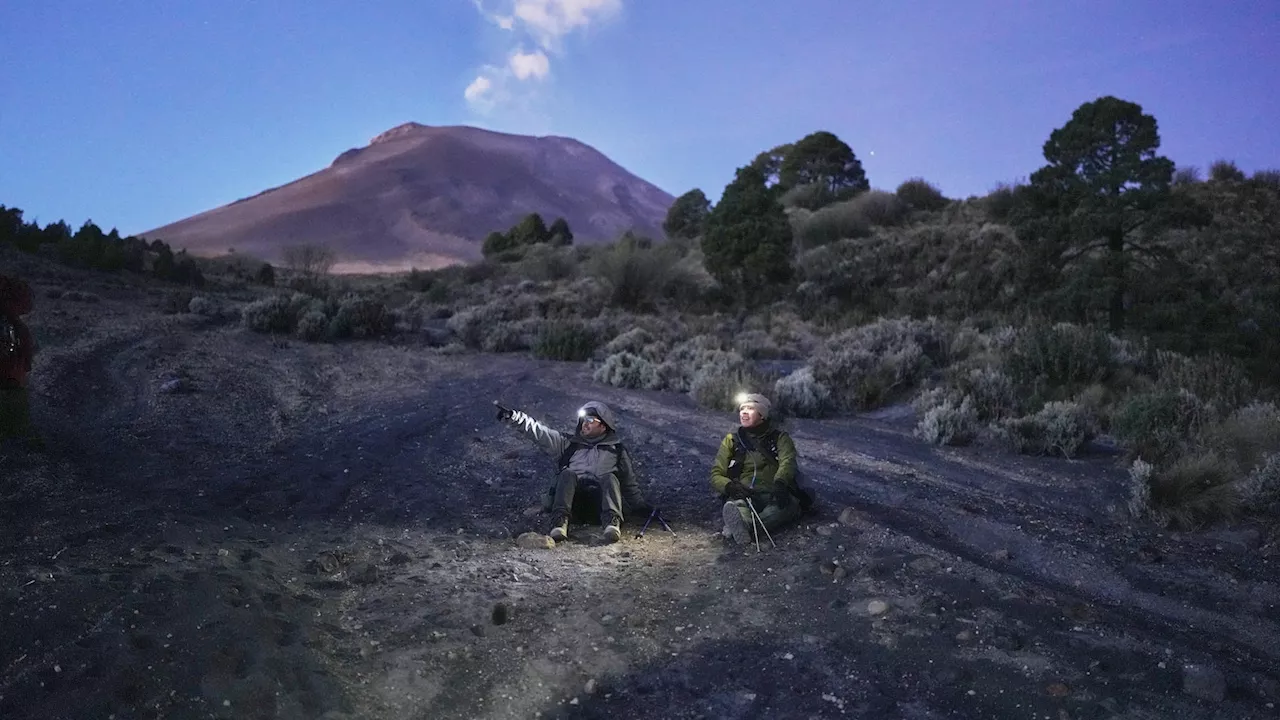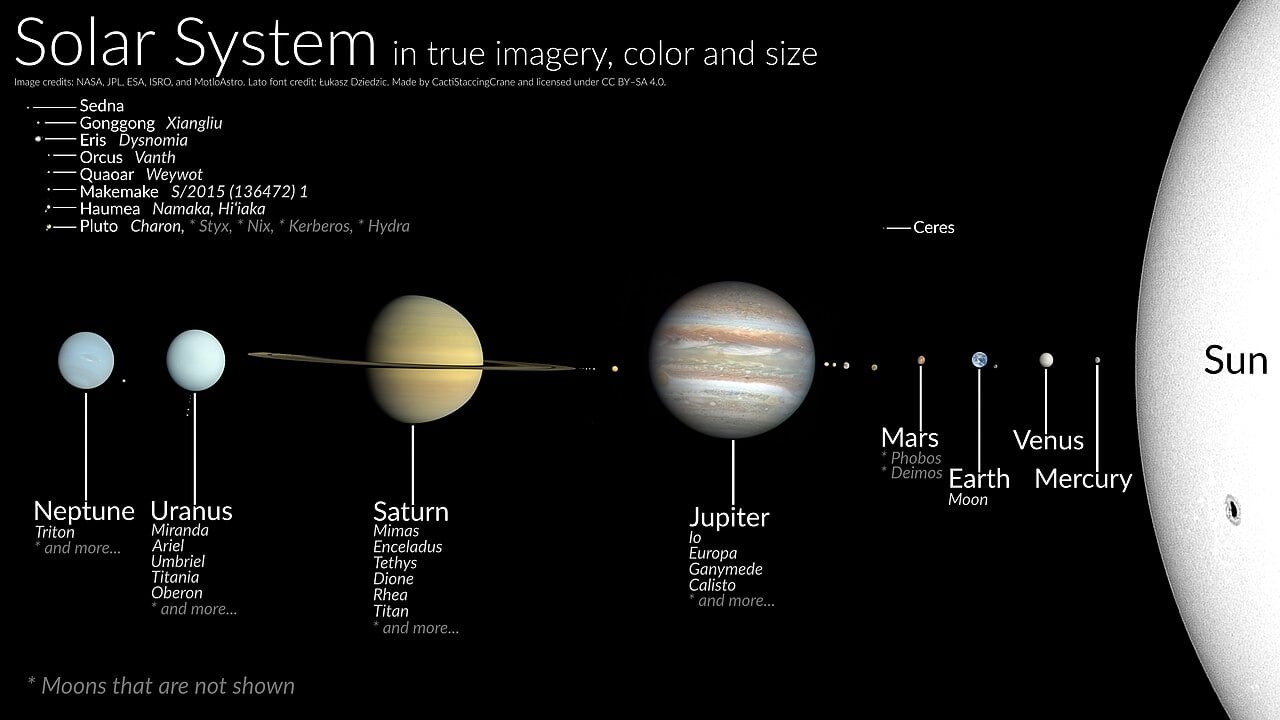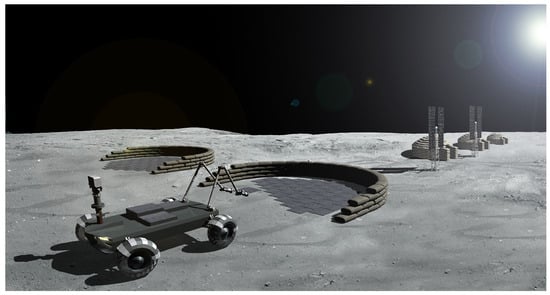Humanity is at a pivotal moment in its evolutionary journey, as the dream of colonizing space becomes increasingly tangible. In his latest book, The Giant Leap: Why Space Is the Next Frontier in the Evolution of Life, Caleb Scharf, a senior scientist at NASA Ames Research Center in Moffett Field, California, argues that the quest for extraterrestrial habitation is not just a matter of exploration but a crucial step for the survival of our species.
Scharf discusses the concept of “dispersal” as a vital evolutionary process. He notes that dispersal involves life spreading far beyond its original environment, leading to adaptations that can create new species. “A single species becomes many species because its descendants necessarily adapt to environments that they find themselves in,” he explains. This process, he argues, could be mirrored in the vastness of space, where humanity might evolve into multiple species as it adapts to new worlds.
The challenges of adapting to life beyond Earth are significant. Scharf acknowledges that humanity has evolved to thrive on our planet, raising the question of whether attempting to exist in space is maladaptive. He compares this endeavor to the evolution of plant life from oceans to land. “Evolution is a process of continual experimentation,” he says, emphasizing that while it may seem daunting, technological advancements are an adaptive trait that can facilitate our survival in outer space.
One of the critical points Scharf raises is the long-term viability of human life in space. He warns that if Earth faces existential threats, such as the eventual demise of the sun, humanity will need to seek refuge beyond our solar system. Yet, he questions whether current technologies can enable us to reach other star systems within a human lifetime. “We know chemical rockets won’t do it,” he states, citing various theoretical propulsion methods, such as light sails and ion drives, which still require extensive travel times.
Scharf also examines the foundational role of mathematics, physics, and chemistry in enabling space exploration. He posits that this intellectual ecosystem is both a product of evolution and a driving force behind it. Despite the remarkable achievements of the Apollo missions, which culminated in the historic landing on the moon in 1969, human exploration beyond Earth has stagnated since the end of the Apollo program in 1972. Scharf argues that while the initial goals were met, the lack of a long-term vision has hindered further progress.
As humanity’s population exceeds 8.1 billion, the question of whether we have a responsibility to carry Earth’s biodiversity into space arises. Scharf believes this is essential, stating that we would need to take not only ourselves but also the microorganisms that support our health. He humorously suggests that if tasked with preserving life, he would transport a cubic kilometer of Earth’s surface, complete with its various life forms, to ensure our survival in space.
The reality of space colonization raises daunting ethical and logistical questions. If humanity must eventually leave Earth, it is likely that only a small fraction of the population will make the journey. Scharf envisions a scenario where a select few pioneers venture into space while others remain behind. “Over a century, maybe a few thousand humans—pioneer organisms—go out and start living in a hollowed-out asteroid or elsewhere,” he predicts, leading to future generations who may choose to remain on Earth or explore new worlds.
The prospect of a united human effort to colonize space leads to further contemplation about our collective nature. Scharf’s reflections on tribalism and cooperation highlight the complexities of human behavior, suggesting that our ability to work together may determine our future in the cosmos.
As humanity stands on the brink of a new evolutionary chapter, the conversation surrounding space colonization is more critical than ever. Scharf’s insights provoke thought on the responsibilities we hold, not only to ourselves but to all forms of life as we embark on this extraordinary journey into the unknown.







